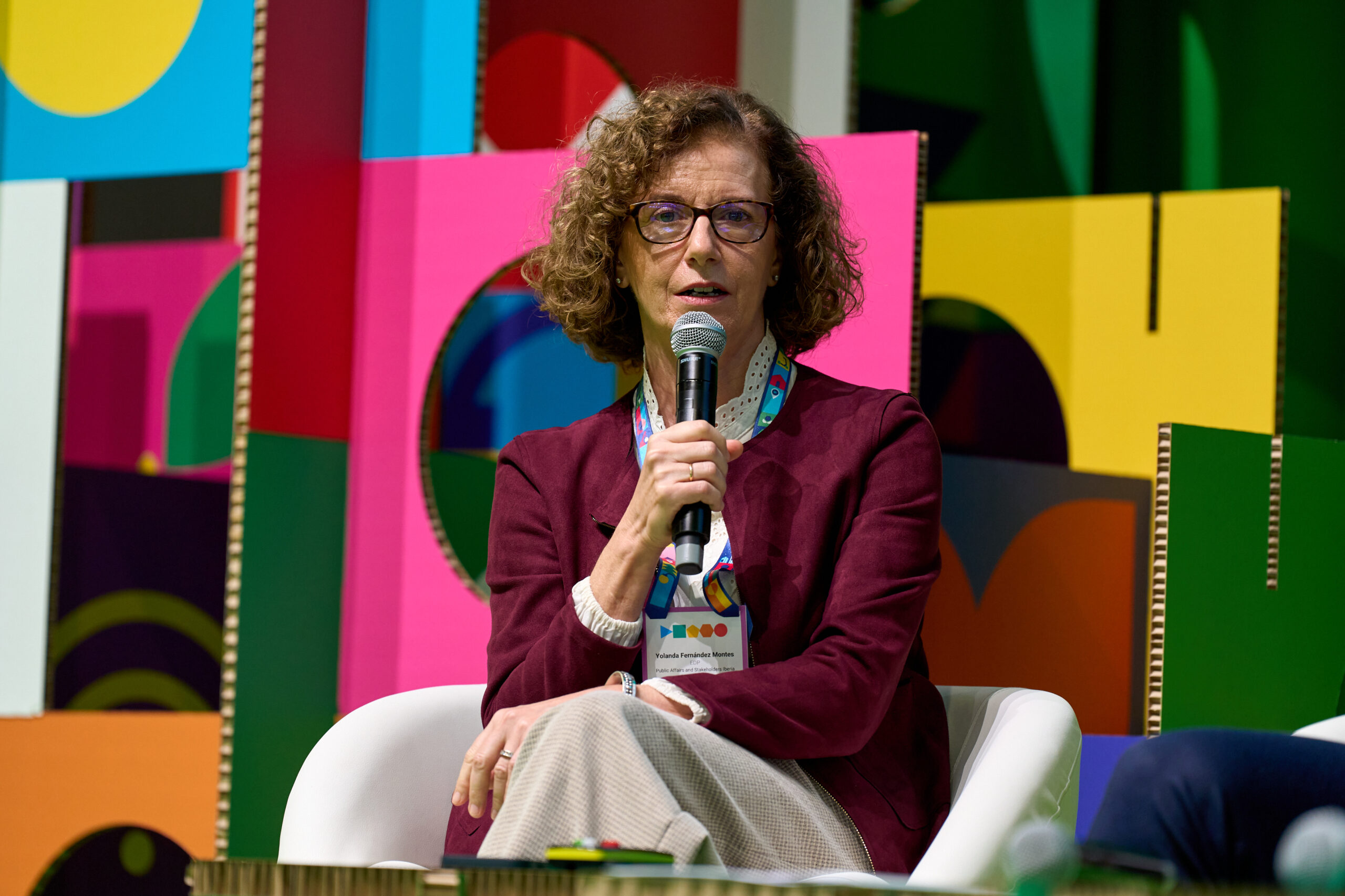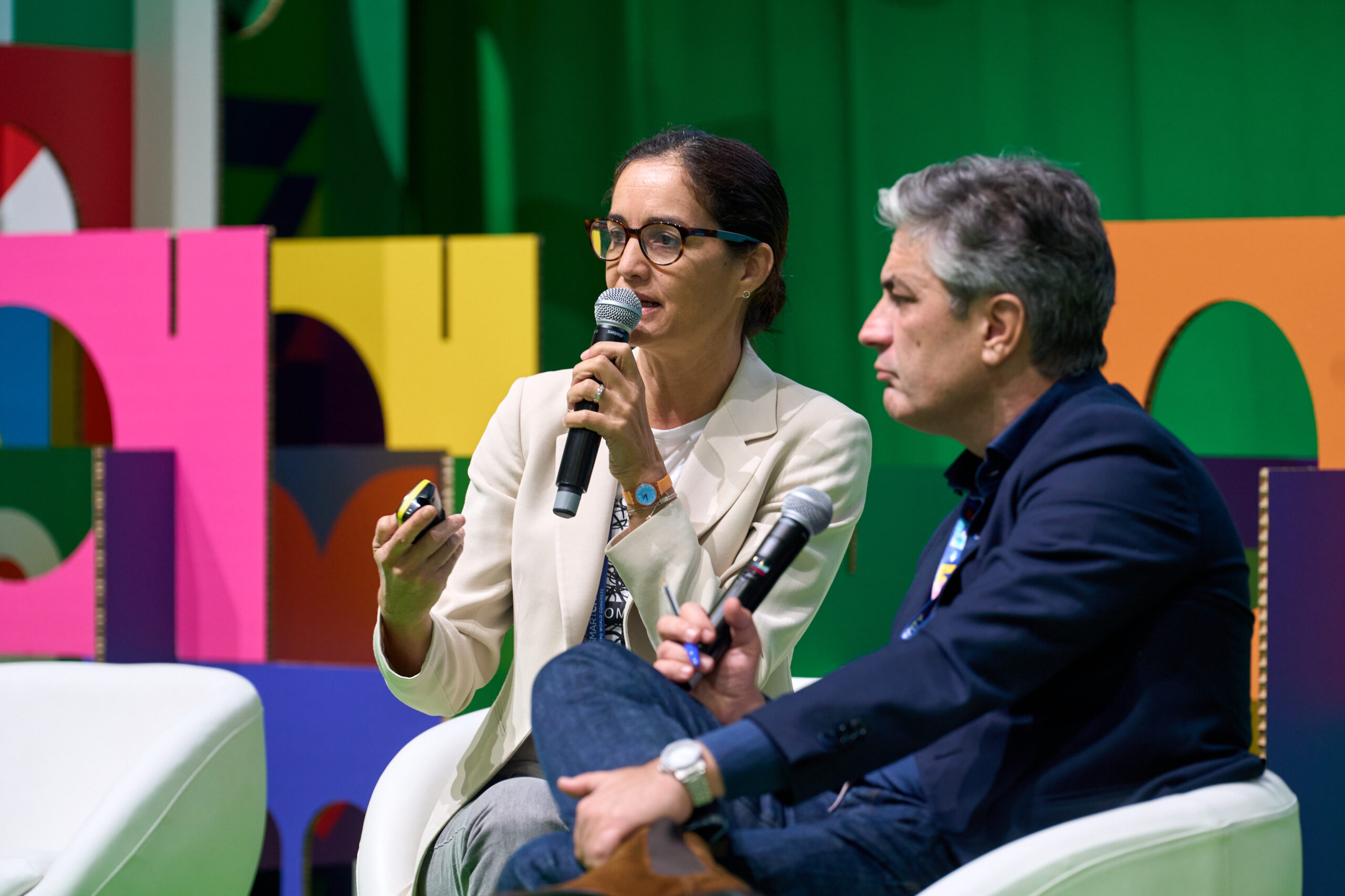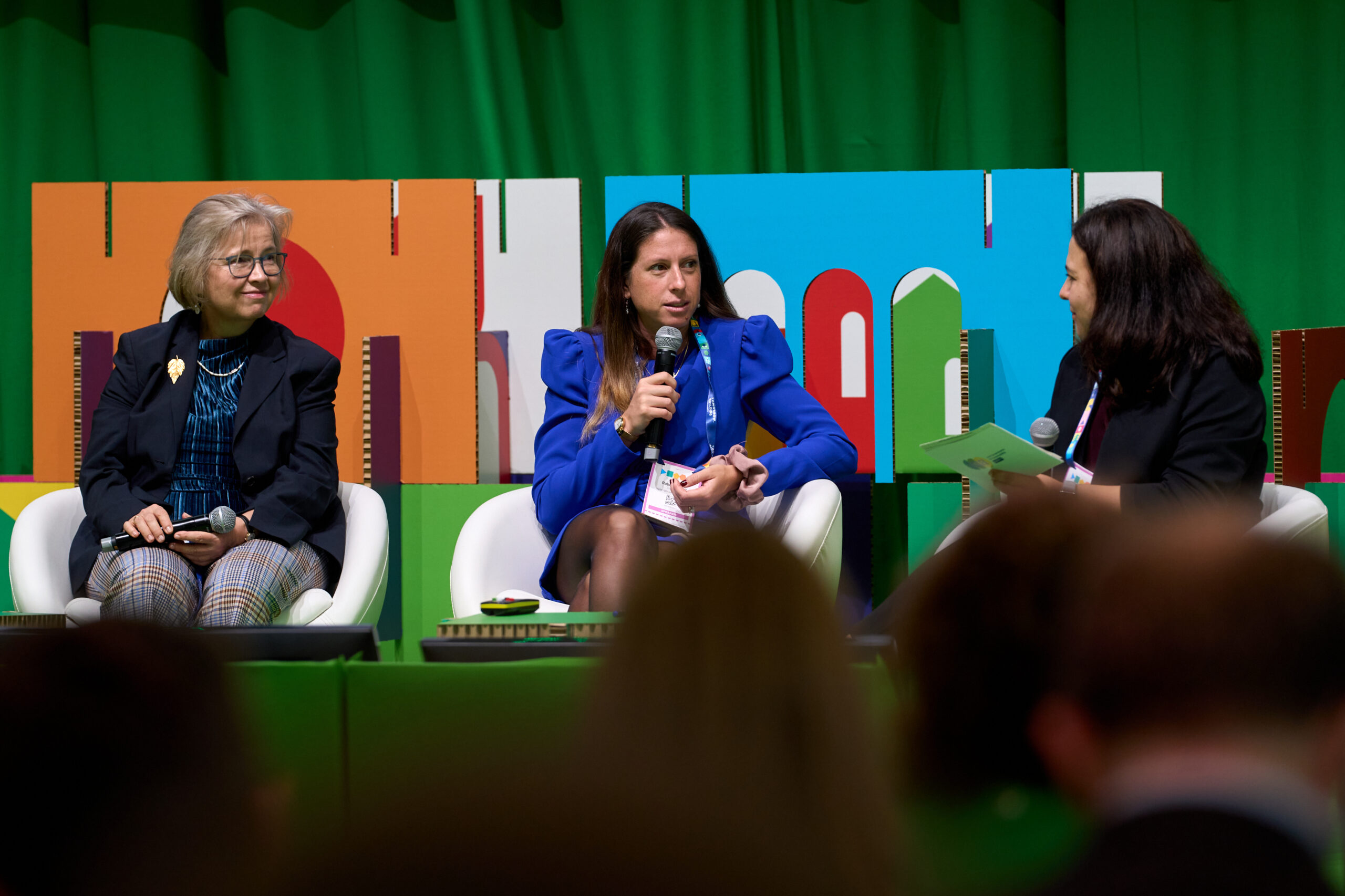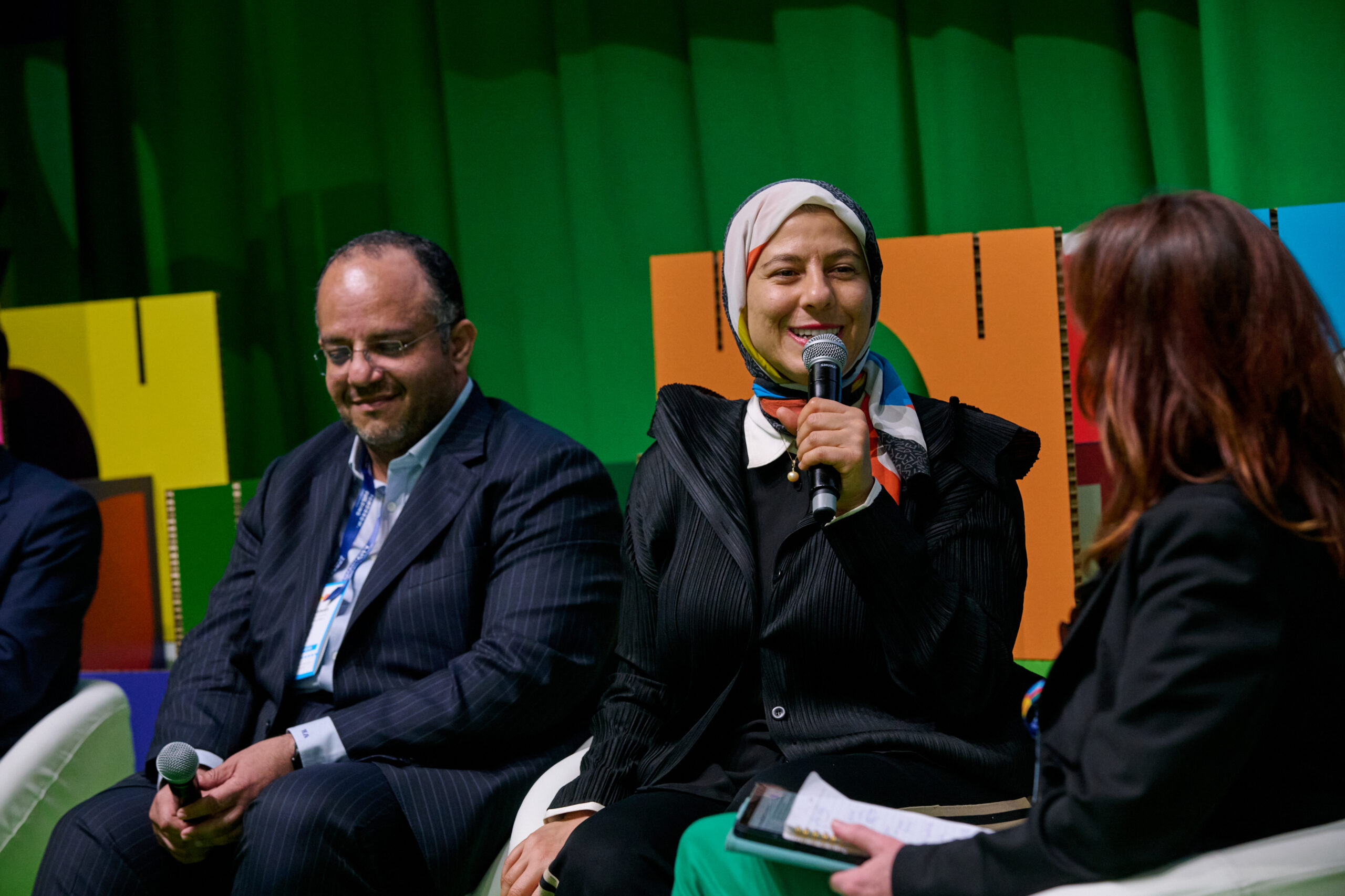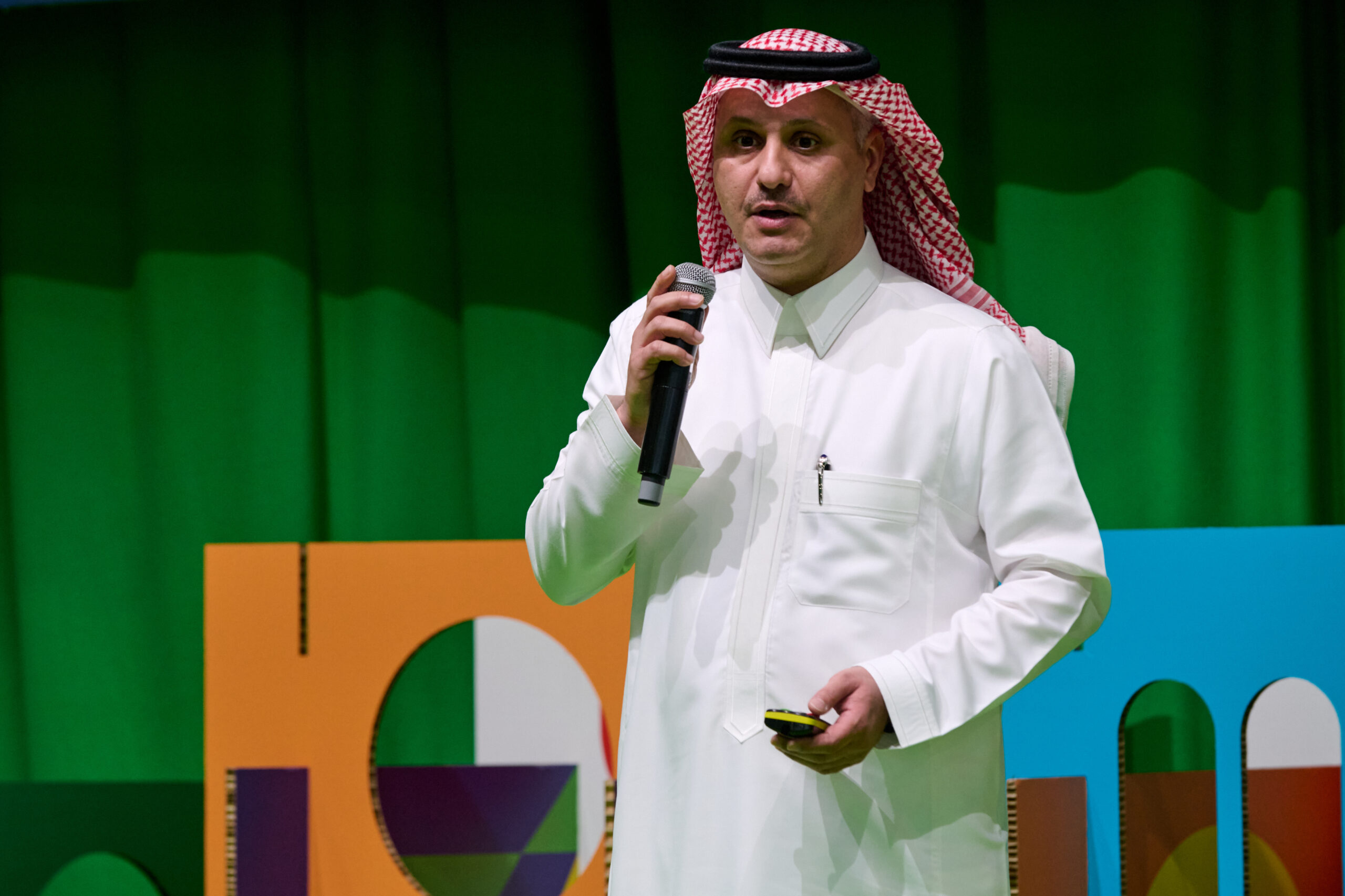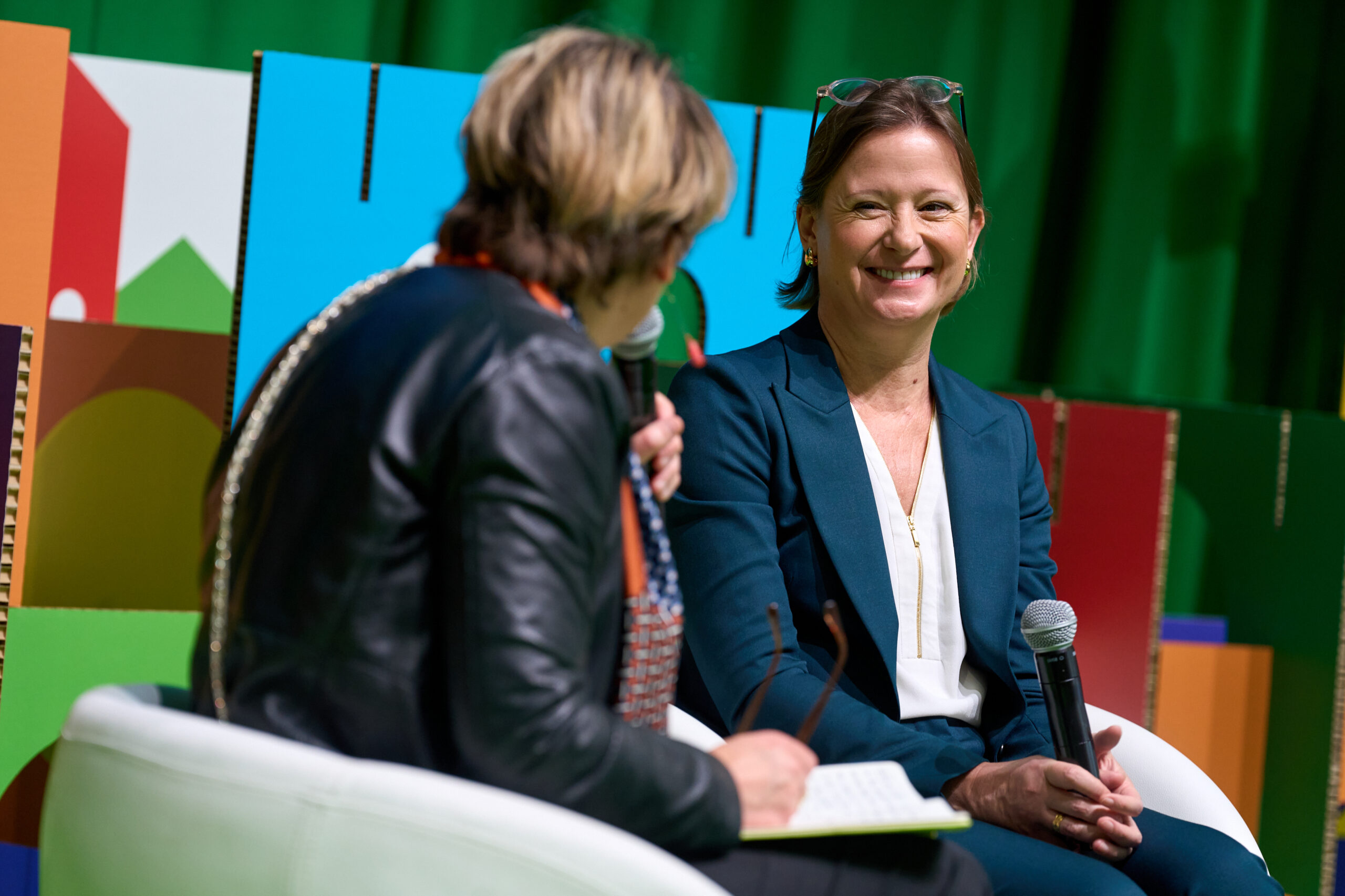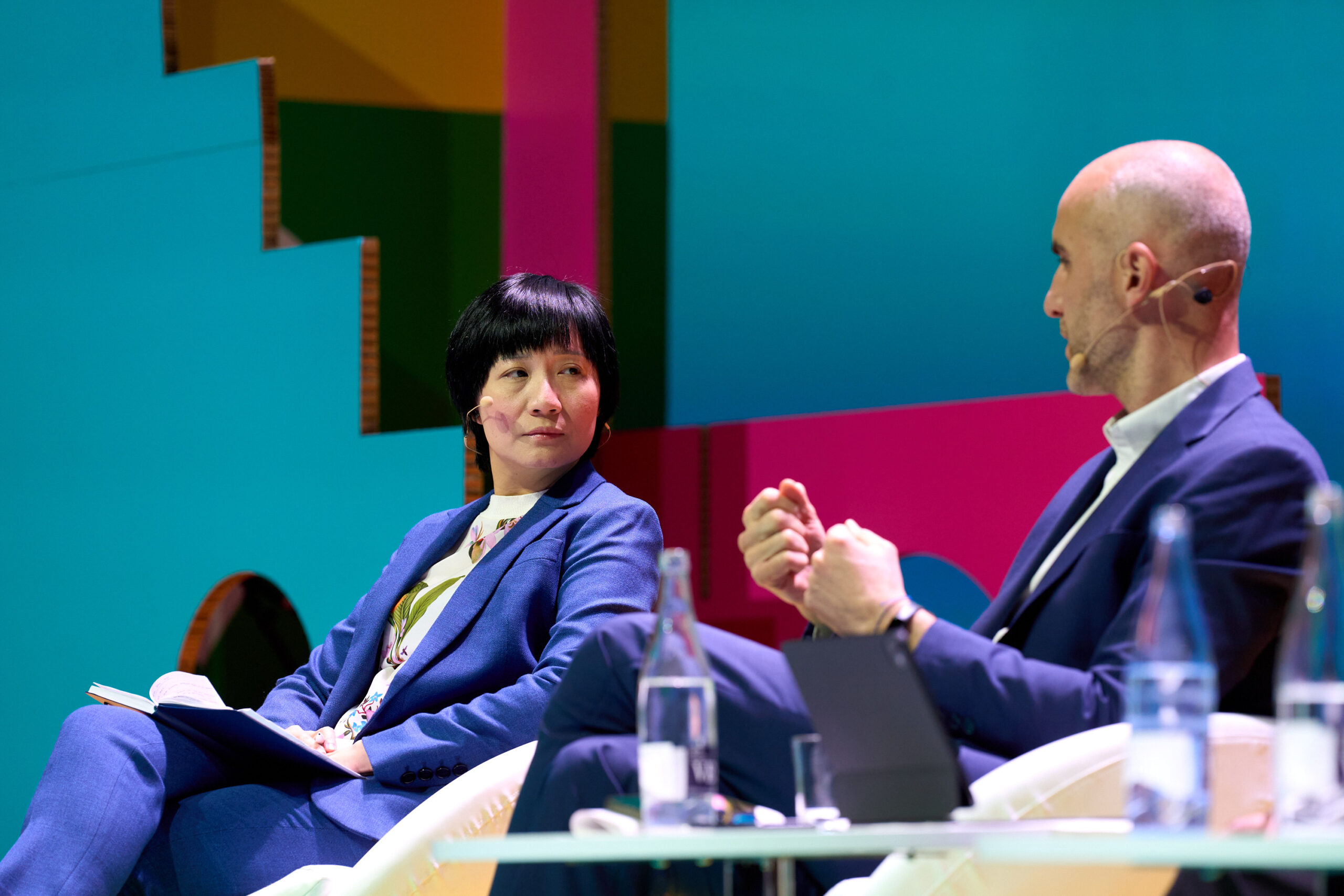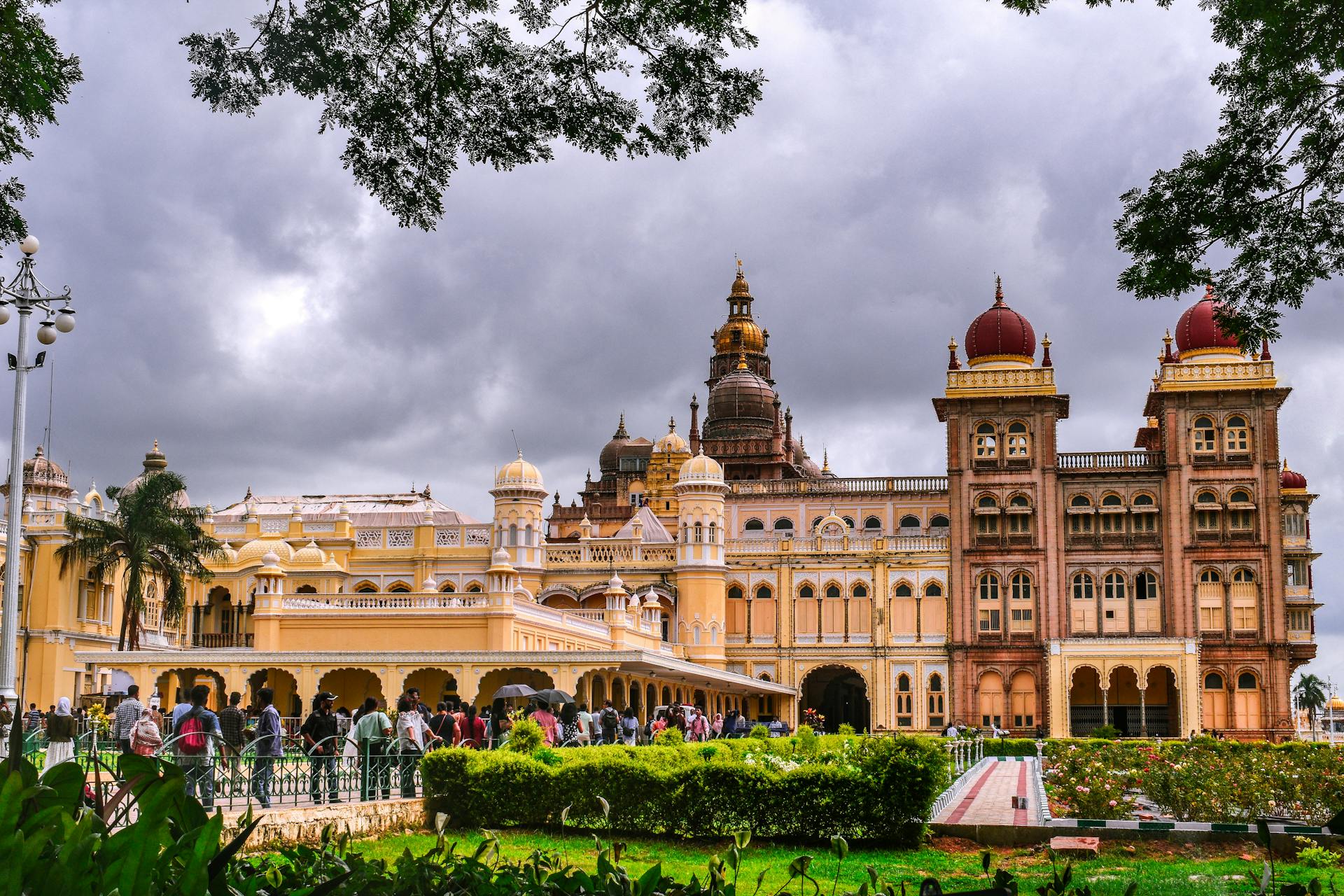Author | M. Martínez Euklidiadas
Can blockchains and tokens help with decarbonization? The answer is yes. There are blockchain solutions that publicly boost energy diversity and they do so at an exceptionally low energy cost. Energy Web Token is an example of the use of this open-source, publicly accessible technology launched for the energy system and set to change the market.
Blockchain, aimed at energy efficiency?
A blockchain is, in simplified terms, a decentralized accounting ledger; just the type of tool needed when the aim is to decentralize the energy system.
When one consumer has one energy provider, accounting is simple; but when lots of energy consumers are their own producers and consumers, the scenario is trickier.
And it becomes even trickier when part of the infrastructure (the distribution company and the generation company) is corporate, another part is public (the power grid), and a third part is private (your solar panels and machines); in addition to new companies trying to develop new ideas in these environments.
In this complex arena, blockchain is a tool that allows all the stakeholders to speak the same language regardless of size, and even form smart networks of any size and based on all types of energy or consumption systems.
Energy Web Token, a system that seeks verification

In the case of the virtual machine Energy Web Token, built on an EW-DOS (energy web decentralized operating system) blockchain, it manages the flow of electricity in such a way that registries are based on firmly demonstrated and traceable** trust centers**. After all, it is not only about consumers knowing how much they have to pay, but it also allows companies to innovate within this ecosystem.
For example, within this system, a startup looking to improve electric vehicle charging systems, or even for the vehicle to give back to the grid (V2G) can be compensated for their development; and, at the same time, those charging devices or sending energy within the grid, can charge or be compensated for it.
The objectives of Energy Web Token include increasing the number of stakeholders in the energy system, thus decentralizing the power that some major companies hold, and giving new technologies a chance to form part of the energy system.
Weren’t blockchains highly polluting?
Yes and no. Blockchain is a type of technology that links data in blocks in a chain in many ways. In the case of Energy Web Token, its blockchain uses Ethereum, a grid migrating to the proof of stake (PoS) system from the proof of work (PoW) system, the latter highly polluting; and it validates transactions through the more efficient proof of authority (PoA),
The EWT token is a native cryptocurrency within the Energy Web Token ecosystem, which is used for the payment of numerous decentralized services.
● On the one hand, for compensating those who validate transactions in an honest and efficient manner.
● On the other, paying for the use of decentralized services that run on smart contracts.
The initial years, and decades, of the blockchain technology were dominated by speculators seeking quick profits, with disastrous results for the most vulnerable. However, the underlying technology cannot be used solely to achieve economic returns, but also to form distributed and joint energy grids under the same protocol.














